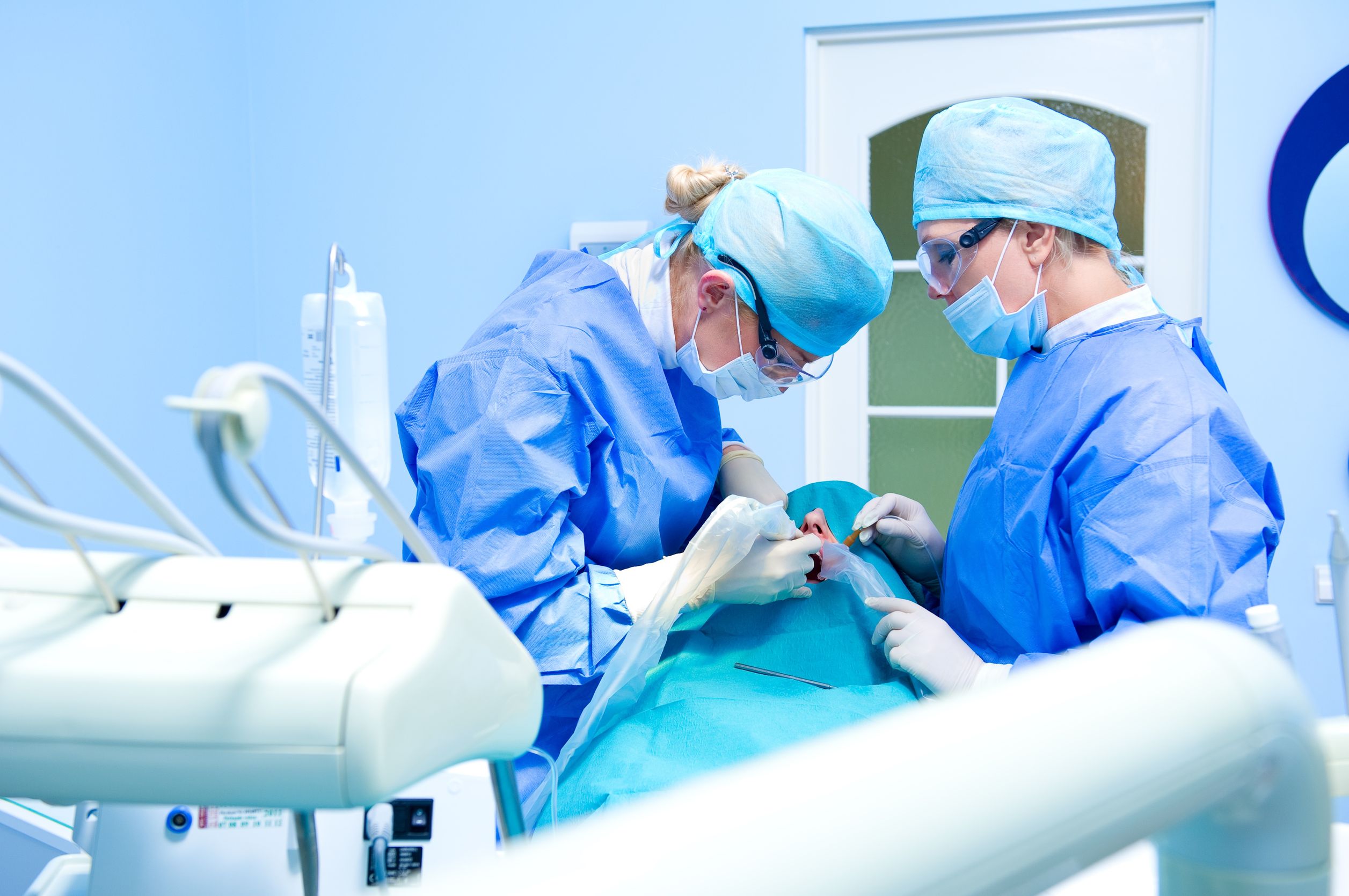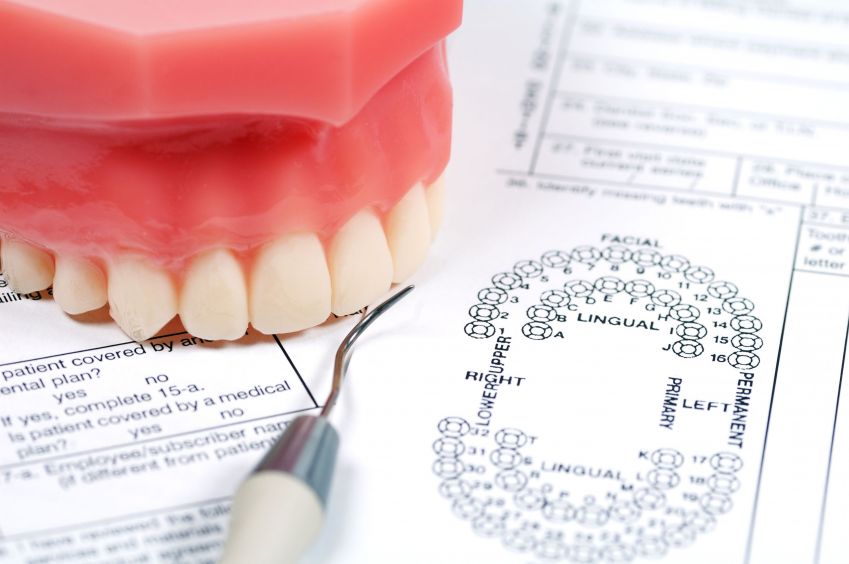Wisdom teeth are often a pain that most people will encounter. Wisdom Teeth in Cranford NJ often cause more harm than good. These teeth are not essential to your oral health and often cause pain for the patient. Most patients will have to have their wisdom teeth removed sometime during their life.
You may notice changes in your mouth, which can indicate that your wisdom teeth need to be removed. Symptoms such as jaw pain, facial pain, facial swelling, ear pain, difficulty opening and closing of the mouth, headaches, foul odors and fever may indicate that you need your wisdom teeth removed. Some patients will even notice that their teeth have shifted when their wisdom teeth are coming in. Sometimes, wisdom teeth do not erupt, meaning that they are impacted. When wisdom teeth become impacted, it means that the mouth has no room for them to come in. This also means that the patient is more susceptible to infections, which can lead to other oral health problems.
During a routine dentist appointment, your dentist will generally inspect your Wisdom Teeth in Cranford NJ and note any changes. If the dentist finds that your wisdom teeth are infected or will cause problems in the future, they will give you an appointment to have them removed. Even if your wisdom teeth are not causing you any problems, it is still a good idea to go ahead and have them removed. The dentist will take X-rays and find the location of the wisdom teeth and form a plan of removal. Wisdom teeth removal is quite a common procedure and is done in the dental office.
Once your dentist has formed a plan for the removal of your wisdom teeth, you will set up an appointment to have them removed. The procedure will require you to take time off of work or school until your dentist releases you to go back. After your wisdom teeth have been removed, there are several steps that you will need to follow. You will need to eat soft, bland foods such as mashed potatoes, applesauce, soups, and smoothies. After each meal, you should rinse your mouth with warm salt water. Apply ice packs to reduce swelling for the first day after surgery. Follow any other instructions that your dentist has given you to ensure the proper healing of your gums and mouth. For more information, Click here.






